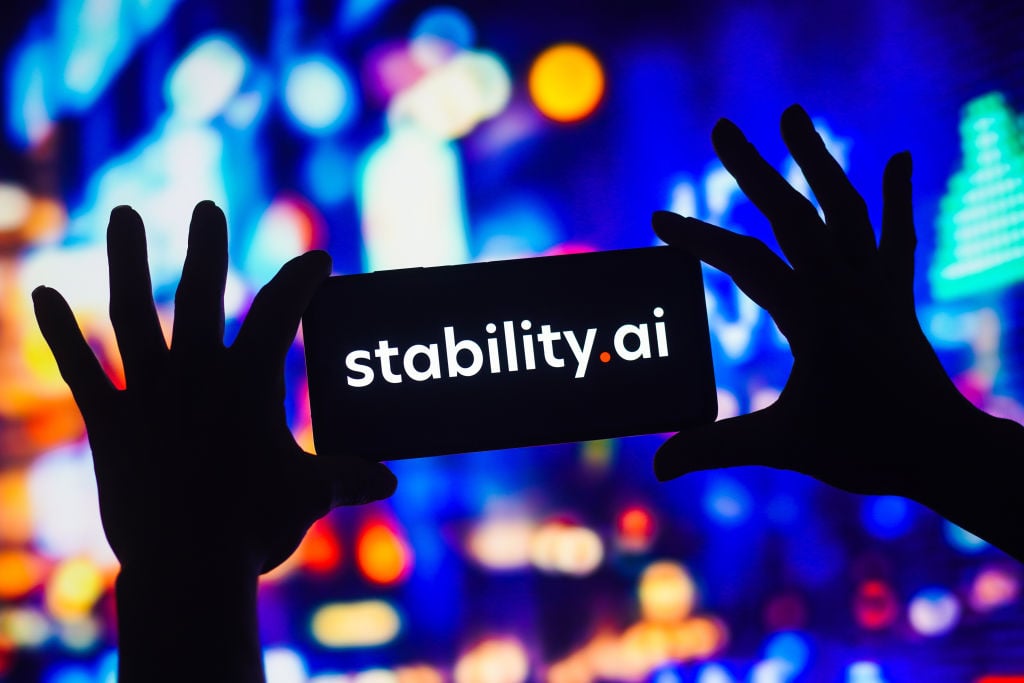
Artists have won a small victory in a potentially landmark artificial intelligence copyright case.
U.S. District Judge William Orrick of California ruled on August 12 that a group of visual artists—including illustrators Sarah Andersen, Kelly McKernan, and Karla Ortiz—may pursue claims that Stability A.I., Midjourney, DeviantArt, and Runway A.I.’s image generation systems infringe upon their copyrights.
Orrick found the artists had reasonably argued that the companies violate their rights by illegally storing work and that Stable Diffusion, the A.I. image generator in question, may have been built “to a significant extent on copyrighted works” and was “created to facilitate that infringement by design.”
The judge threw out claims accusing the A.I. companies of breach of contract, unjust enrichment, and breaking a second U.S. copyright law connected to 1998’s Digital Millennium Copyright Act.
Still, the decision did not address the case’s central questions. Namely, does the abuse of artists’ work by A.I. image models infringe upon their copyright, and is the behavior of A.I. companies protected under fair use?
The lawsuit will now move forward to discovery through which artists may learn the ways in which the A.I. companies collected copyrighted materials used to develop image generators.
The lawyers for the plaintiffs, Matthew Butterick and Joseph Saveri, said via email that they believed the court’s order to be “a significant step forward for the case” and that “the court found the plaintiff’s theory that image-diffusion models like Stable Diffusion contain compressed copies of their datasets to be plausible.”
Stability A.I. declined to comment on the decision.
The positive step comes more than a year-and-a-half on from when the lawsuit was first filed in the Northern District of California in January 2023. The plaintiffs brought a class-action lawsuit saying the A.I. art generators violated copyright and unfair competition laws. The judge dismissed the majority of the allegations in October last year, but allowed a refiling.
Seven additional plaintiffs joined the case and the lawsuit that was returned in November centered on Stability Diffusion, the image generator model used by all the A.I. companies, and the notion it contained “compressed copies” of the artists’ work.
The data set in question, LAION, was allegedly built by scraping billions of images from the internet—including stock photo sites such as Shutterstock and Getty Images, platforms such as Pinterest, and websites hosting user-generated content such as Flickr and Tumblr. Stability and Runway then used this data set to create Stable Diffusion, which is used by Midjourney, one of the most popular A.I. image generators that reported 20 million users in April this year.